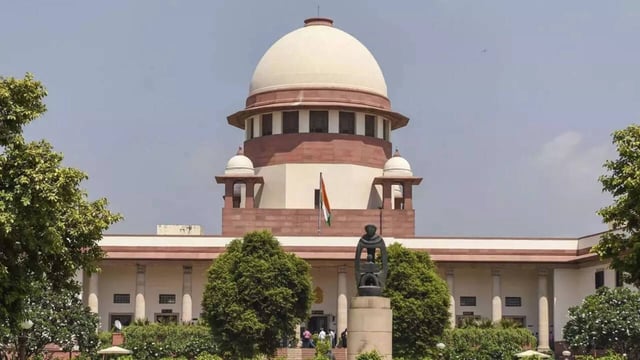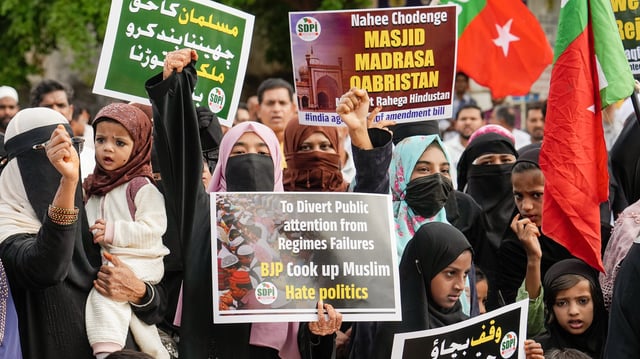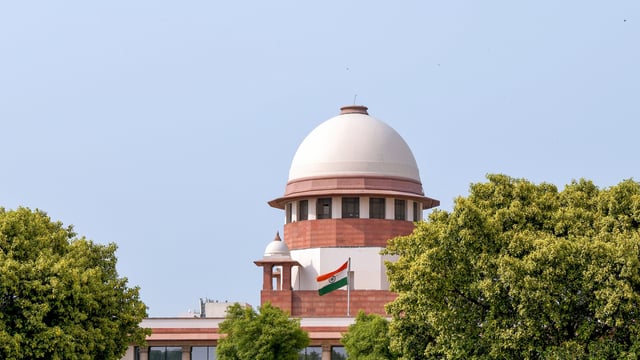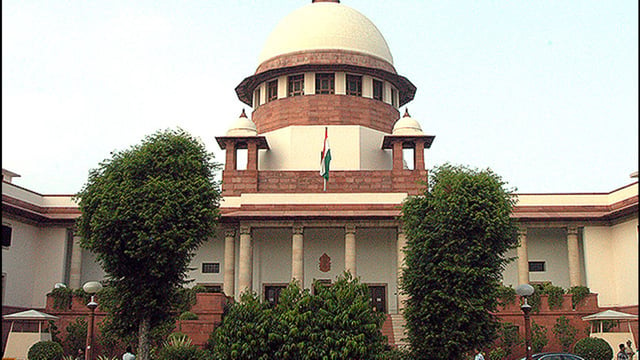Overview
- The Supreme Court has reserved interim orders on three core issues: waqf-by-user, board composition, and property determination under the Waqf (Amendment) Act, 2025, following three days of arguments.
- Petitioners, including MPs and civil society groups, argue the law infringes on Muslims' constitutional rights to religious autonomy and discriminates against their community.
- The Centre defended the amendments as secular, transparency-driven reforms aimed at curbing misuse of waqf properties, citing a 116% rise in disputed waqf land since 2013.
- Key provisions under scrutiny include the abolition of waqf-by-user, the inclusion of non-Muslims in waqf boards, and restrictions on creating waqf in Scheduled Areas to protect tribal interests.
- The court emphasized the presumption of constitutionality for enacted laws, stating interim relief requires a strong case, while a final verdict remains pending.



